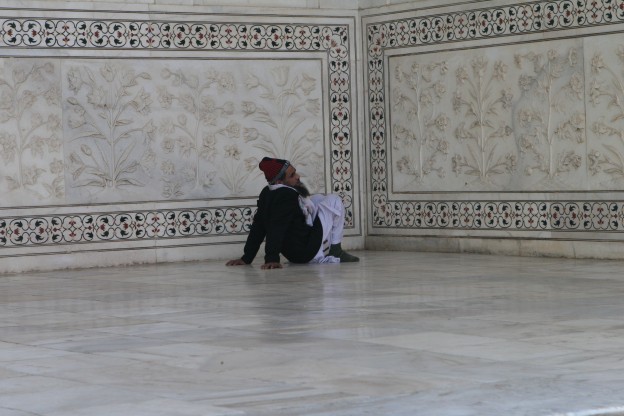This semester I am once again immersed in Emerson. My students are reading and thinking about his language in my introduction to the major course, English 200. Too, Emerson’s thinking, and his use of language, offered a space to think about being named the 2009 Distinguished Scholar at Keene State College and the keynote address I would be giving to faculty, students and their families at the annual Keene State College Academic Excellence Conference.
While I am skeptical of the discourse of excellence–as anyone who has read Bill Reading’s book or the French sociologist Pierre Bourdieu should be–I am an enthusiastic supporter of the goals of the annual event: to give undergraduate te students the opportunity to share their intellectual work with a broad audience and to work closely with students beyond the classroom. In any given year over 350 students and family members, faculty, staff, community members, area legislatures and university trustees attend the gathering. As I was trying to figure out what to say to such a diverse audience, and how I might approach the occasion, I found in Emerson’s essay “The Poet” a formulation that proved to be useful in organizing the second part of what turned out to be a three-part essay. Emerson says, “We know that the secret of the world is profound, but who or what shall be our interpreter, we know not. A mountain ramble, a new style of face, a new person, may put the key into our hands.” It was the mountain ramble part that helped.
And so I was thinking: where questions come from, why we take them up, how they move us from where we are to someplace new. My talk began by asserting that whatever the academic field, most research and scholarship can be traced back to a question. However my interest was really how intellectual work is motivated by questions that transcend academic fields, professional identities, the very idea of academic excellence. As a humanist, I explained to my audience, I am preoccupied with these deeper questions. But, as I went on to say, any certainty that I might have had about where questions come from had been unraveling since late February when I was skiing across a frozen lake with my five-year-old friend Ben and he asked, “What is more importanter, living or being loved?”
Another significant moment in mywriting process was discovering something unexpected in a familiar poem by Mary Oliver. Her poem offered a beautiful way of describing the scholarly process. It also helped me find my way to the three parts to the essay I was trying to write. The gist of it all, she says, is that we keep looking, one question leads to another question, we think again. (That “we,” it turned out, also resonated with me.) If you are interested, here is what I ended up saying to the hundreds of people gathered for lunch in a talk I titled “The Trouble with Scholarship.”


Early on a morning (early for me) the house is quiet and what better time to read your words. I enjoyed your essay and it made me think of the many phases of my life and how questions posed lead to a journey into new worlds. I could began an essay of my own on the process of inquiry throughout my life and art.
I do want to tell you that I just finished an “erasure” poem concerning the 1868 Treaty between the Navajo Nation and the USA. My poem-artist friend Christy Ferrato (she just received her Masters from Vermont College) began the project and asked for submissions. Take the text of the Treaty, erase words, and the remaining words make the poem that would speak to the environmental challenges that face the Navajo people today. She will use the poems in a multi-media art installation that speaks to preservation of culture and environment (inspired by the work of Jenny Holtzer). She has used this process in an erasure work with Walt Whitman”s words – reflecting against the life of a damaged Iraq vet. Thanks for a stimulating morning. Love, Mom